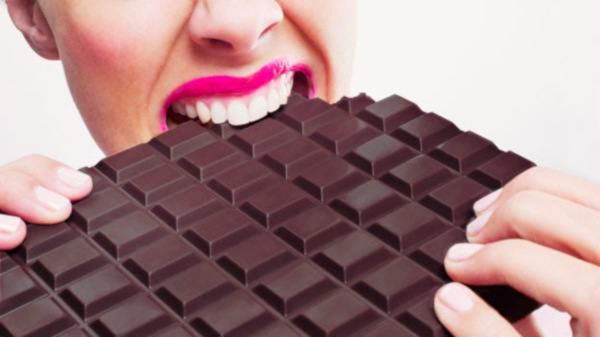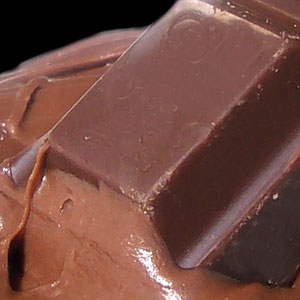A new study suggests that older women – those over age 60 and who have gone through menopause – who indulge their sweet tooth may be more prone to insomnia than their counterparts who shun sweets in favour of Fresh Fruits, Veggies and non-carbohydrate foods…
 The ‘sweet tooth’ of my younger days has pretty much given up the ghost –
The ‘sweet tooth’ of my younger days has pretty much given up the ghost –
until the Holidays come around, and I find myself unable to resit
the temptation of boxes and bowls of Chocolates and
Candies folks carelessly leave lying around…
What they did
Researchers at Columbia University in New York data mined daily food diaries of 50,000 such older women looking for connections between eating habits and insomnia, an affliction commonly reported by women over 60 who have gone through menopause. Menopause, alone, can cause myriad symptoms, some of which linger after the transition is over. A common class of such issues is sleep disorders. But researchers were most interested to see how subjects’ dietary glycemic indices aligned with the prevalence of insomnia. The glycemic index is a measure of how much the foods people consume can contribute to blood sugar spikes and resulting systemic reactions that can disrupt sleep.
What they found
The investigators discovered a significant association between a high Carb diet and insomnia. In fact women who had the highest dietary glycemic indices were 11 percent more likely to report sleep disruptions at the beginning of their diaries than the women with the lowest indices. They were also found to be 16 percent more likely to develop sleep disorders over the three-year period during which the diaries were kept.
“When blood sugar is raised quickly, your body reacts by releasing insulin, and the resulting drop in blood sugar can lead to the release of hormones such as adrenaline and cortisol, which can interfere with sleep,” study report Lead Author James Gangwisch told Reuters news service.”
The report also notes that insomnia effects women significantly more than it does men – an indication that changes in hormone levels following menopause may play an important role.
The takeaway
“Our results point to the importance of diet for those who suffer from insomnia,” said Gangwisch. “Avoiding insomnia is therefore another good reason to avoid sweets besides weight control.”
My take
This is spooky. I’ve suffered what could be sugar-related sleep issues these past couple of weeks. I don’t usually go out of my way to gobble Sweets, nor do I consume large amounts of refined-grain-based Carbs. Sugar-sweetened Beverages are totally out of my diet. But I do indulge myself over the holidays when well-meaning people carelessly, negligently leave bowls and boxes of Candy lying around.
I tried to reconstruct my own Sweets intake diary for the past ten days or so just now, and it seems I’m consuming as many as half a dozen chocolates or hard candies a day more than I usually do. (I usually consume none.) Sure enough, my sleep issues began within a day or so of Mother unwrapping her traditional Christmas box of Pot O’ Gold Truffles. Can’t blame the Truffles. Can’t really blame mother, either. Traditions like this are essential to her emotional well being this time of year.
No. After reading about this Columbia University study, I’m sure it’s me and my age-related, post menopausal Sugar spikes that are at the root of it. At least I now know there’s a logical reason for my sleep aggravations. It will be interesting to see if my sleep troubles abate when the supply of Holiday Sweets runs out…
~ Maggie J.

